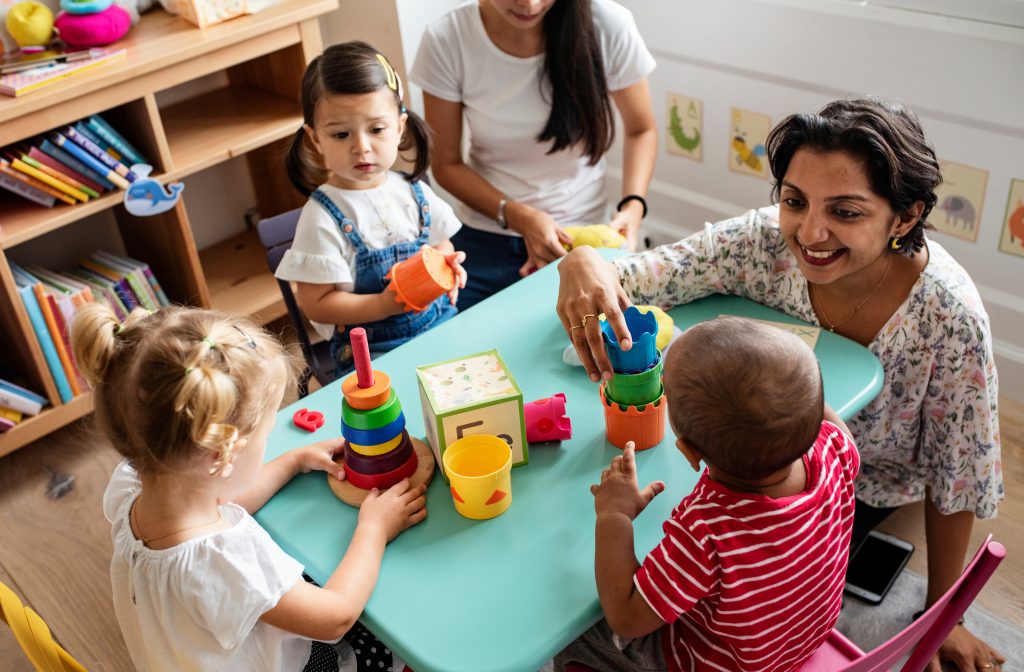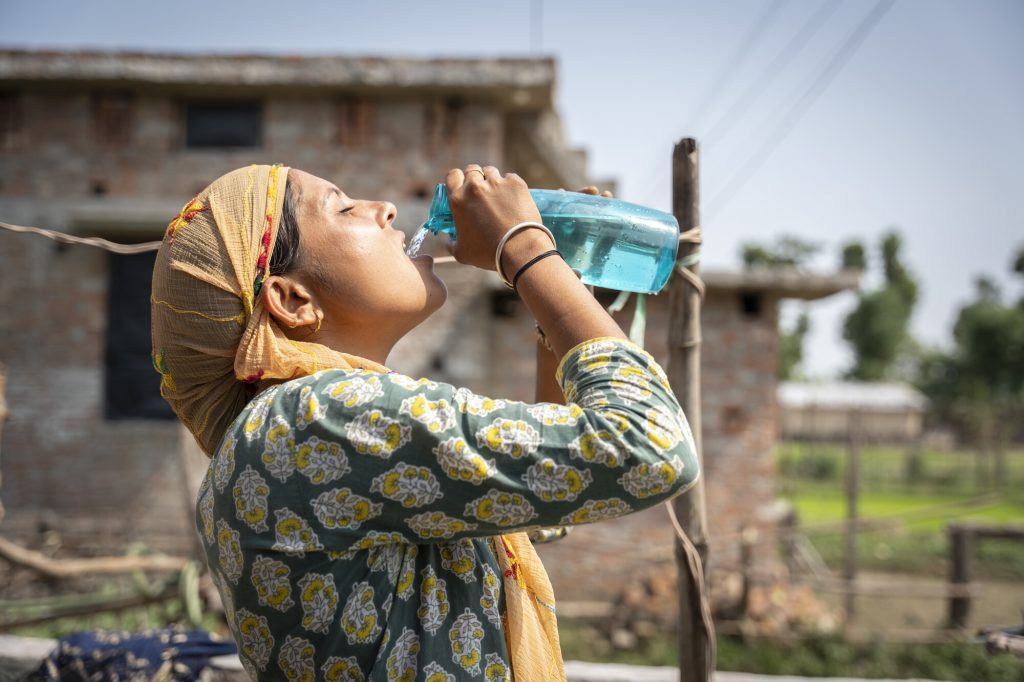Breaking the Silence on Gender-Based Violence: Why Canadians Should Care
I didn’t know what to expect when I walked into the room at the Red Cross Headquarters in St. Catherine, Jamaica. I was in Jamaica to visit the WE-Talk project, an initiative supported by Global Affairs Canada that supports women in challenging gender-based norms and empowers them to take control of their lives.
But I wondered what I—a visitor from Canada—could understand about the daily challenges these women faced. Within minutes, I was riveted, listening as they shared stories and truths that reshaped everything I thought I knew about resilience, survival, and the power of choice.
One participant, an older woman who had been an advocate for years, raised her hand. “People think that man is the head of the family because it says it in the Bible,” she said, her voice steady but intense, “but we have to think about who wrote the Bible and when they brought it to Jamaica.”
The room fell silent, her words powerful and thought-provoking. A younger woman in the back added, “People think that women in Jamaica are invincible, but we must recognize there is a system in place that doesn’t allow or give us equality.” It was an unforgettable moment. These women were tired of accepting a reality that offered them no real protection and were ready for change.
“I commit to being a stronger advocate [to reduce gender-based violence] and to learn more and share more,” declared a participant who had been deeply engaged in local marches for women’s rights.
It was clear that these women were not merely attending a workshop; they were shaping a movement.
This experience reminded me that gender-based violence (GBV) isn’t just a Jamaican issue—it’s a global crisis that affects millions, including Canadians. For every woman in Jamaica demanding equality, there are those in Canada doing the same. And it’s time we recognized why Canadians must stand up and care.
Why Canadians Should Care
In Canada, we observe the 16 Days of Activism against Gender-Based Violence, a global movement that calls on everyone to reflect on GBV’s pervasive nature and our shared responsibility to create safer, more equitable spaces. But beyond a time of reflection, we need action, and that’s where Canadians play a vital role.
Canadian donations enable us to support funding, research, and advocacy within life-changing programs worldwide, like WE-Talk in Jamaica, where women are empowered to challenge gender-based norms and take control of their futures. But this issue isn’t limited to other countries. In Canada alone, the Canadian Femicide Observatory reported that, in just one year, 142 women and girls were killed due to gender-based violence. Each statistic is a real story, a family, a community in mourning--these tragedies can and must be prevented.
It’s essential to recognize that gender-based violence affects not only women and girls but also trans and non-binary people, particularly those who are Indigenous, Black, racialized, or marginalized in other ways. It’s not confined to certain groups or specific economic backgrounds. As a community leader I met in Jamaica aptly put it, “Gender-Based Violence is about the roles. It is not an inner-city problem; it happens uptown as well… it happens with the rich and the poor.” This problem crosses socioeconomic, racial and national boundaries, and it will take a global effort to address it.
The Power of Choice and Voice
One of the most powerful takeaways from my visit to WE-Talk was the importance of having a choice. As one participant a mother of three, shared, “We have the power of choice.” It sounds simple, but this statement underscores a fundamental right: to make decisions about one’s life. And that requires knowledge and confidence.
Gender-based violence is fueled by a lack of options and resources - a lack of agency. It’s not just about physical abuse—GBV perpetuates emotional trauma, restricts economic opportunities, and undermines societal progress. When another young woman in the group reflected, “We grew up with our parents never talking about sex and all of that… but if you don’t have the knowledge, you can’t make decisions,” I thought of how vital sexual education and open conversations are for fostering safer societies. And this need is not limited to Jamaica; it’s echoed across Canadian communities.
Why a Gender-Based Violence Commissioner Matters
In response to Canada’s gender-based violence epidemic, many advocates are pushing for a Gender-Based Violence Commissioner. The idea may seem costly in a time of budget cuts and an affordability crisis. Still, evidence shows that investing in gender-based violence prevention and response has social and economic benefits that far outweigh the costs. Countries like Finland, England, and Australia have successfully established similar roles, demonstrating that a dedicated commissioner can centralize, coordinate, and sustain efforts to end GBV. Such a role would bring much-needed accountability to government initiatives, ensuring that existing plans don’t remain on paper but translate into tangible action and, most importantly, protection. The problems and solutions have been documented in in dozens of reports and hundreds of recommendations, including the 231 Calls for Justice from the National Inquiry into Missing and Murdered Indigenous Women and Girls. Establishing a commissioner would provide the leadership, energy, and expertise to address this issue head-on.
A Global Movement Starts with Local Voices
Leaving Jamaica, I felt a renewed sense of purpose. Witnessing women claim their voices and advocate for change reminded me of the immense power of community and resilience. For anyone who doubts the importance of supporting programs like WE-Talk or wonders why Canadians should care, remember this: GBV is a global issue that thrives in silence. When we amplify these courageous voices, we’re taking a step toward breaking that silence—ending gender-based violence in Jamaica, in Canada, and around the world.
The path forward demands courage, commitment, and unwavering solidarity. And from what I witnessed in that room, there is no shortage of that.
Shamminaz Polen is a Manager at Oxfam Canada’s International Programs Department.
Donate to Support Oxfam's Work
Photo: Datejie Green/WMW

